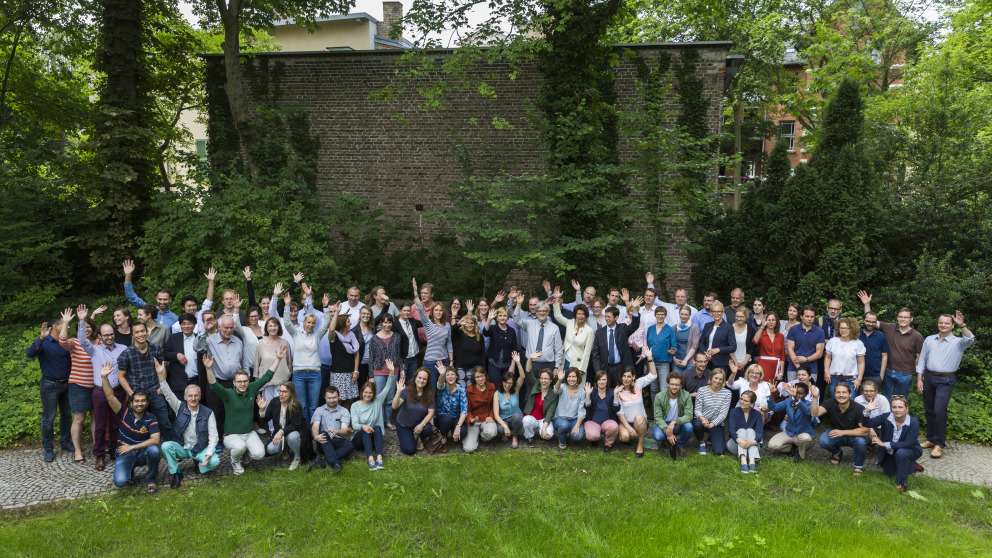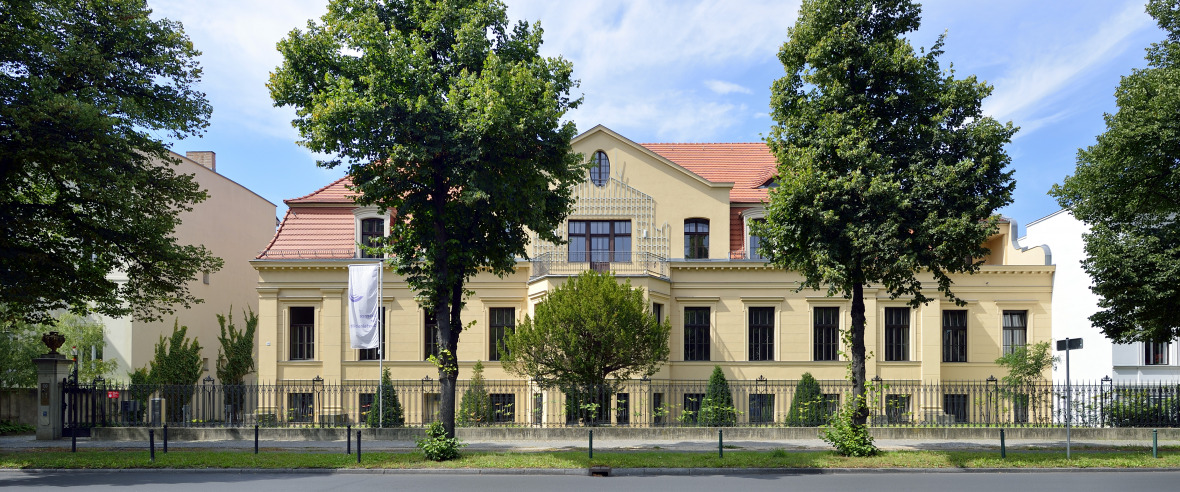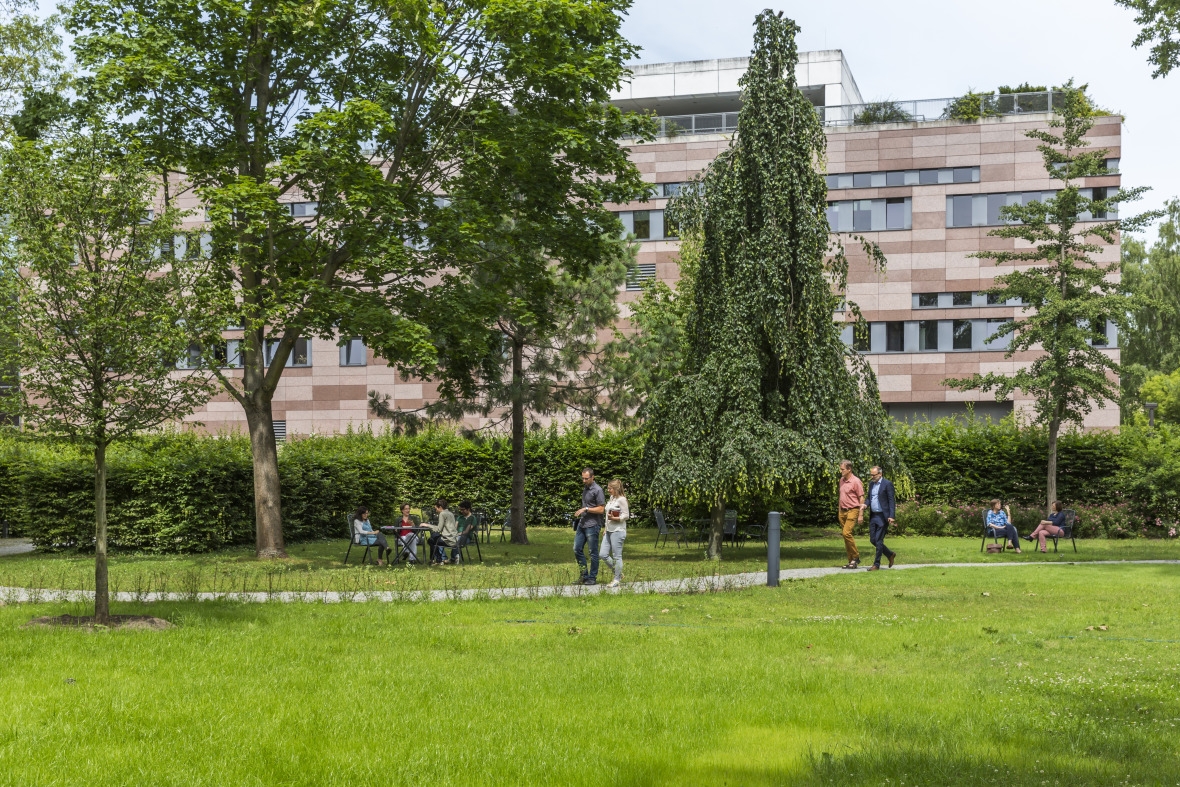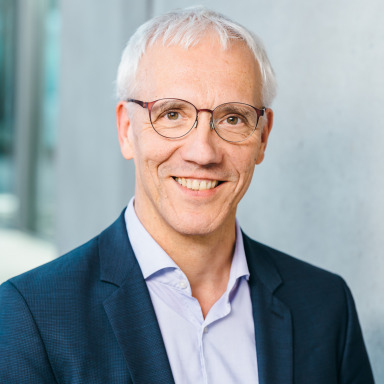Overline:
Science Council
Headline:
IASS Research Focus and Concept Hit the Mark
The German Council of Science and Humanities (Wissenschaftsrat) has presented and published the findings of its evaluation of the Institute for Advanced Sustainability Studies (IASS) in Potsdam. In its report, the Science Council highlights the scientific and socio-political relevance of the Institute’s research focus and concept as well as its unique role in Germany’s research landscape. According to the report, the IASS has developed an impressive profile as a provider of knowledge-based advice for policymakers and societal actors.

In particular, the Science Council commends the Institute for integrating the functions of a research institute and an advisory institution while maintaining a fellowship programme that dovetails with both aspects as an Institute for Advanced Studies. In doing so, the IASS serves as an important interface between science and policymaking in support of transformations towards sustainability. There is a growing need for these services at the local, regional, national and international levels, the report notes. Much of the groundwork for the Institute’s further development has been laid over the past several years and although the evaluation revealed some opportunities for further improvement, the Council of Science and Humanities has made a clear recommendation to the federal and state governments to develop a permanent institutional perspective for the Institute and to discontinue the previous practice of financing the IASS through temporary project funding.
“We are delighted that the Science Council has acknowledged the unique nature of the IASS and spoken out in favour of its institutionalization. The Science Council’s report lays the foundations for the future development of our work and will spur our efforts to make our sustainability research even more effective. We are grateful to the Science Council for this report and greatly appreciate the work of the reviewers,” says Prof. Dr Mark Lawrence, Managing Scientific Director of the IASS.
The report also includes some constructive criticism that will be valuable for the further development of the Institute. The range of topics addressed at the IASS is too broad for a research institute of this size, the report suggests, and a more coherent focus is required. The report also urges the Institute to continue to hone its methodological expertise. Despite significant advances in its performance since its previous evaluation in 2014, there are still opportunities for improvement at the IASS, the report states. If it is to be perceived as a “role model”, the Institute will need to heighten its visibility in the national and international arenas and forge research partnerships that complement its strengths.
In the coming weeks, the Federal Ministry of Education and Research (BMBF) and Brandenburg’s Ministry of Science, Research and Culture will discuss the next steps towards the institutionalization of the IASS together with the Institute’s leadership and management bodies. The Institute’s Board of Directors is delighted that the Science Council has come out in favour of an institutional solution and will work with the funding bodies to ensure that the IASS maintains its thematic independence in the future while further strengthening its research and consultancy capacities.
Research at the interface of science and society
Advancing the transformations needed to bring about more sustainable societies requires scientific insights that can guide us towards sustainable development pathways. Research into the prerequisites and potential risks of societal transformation processes towards greater sustainability needs precisely the kind of close interdisciplinary cooperation between the natural and social sciences that the IASS cultivates.
This close cooperation across the scientific disciplines at the IASS is commended by the Science Council. In its report, the Science Council also finds that the fundamental orientation and research concept of the IASS are appropriate to the complexity and multi-faceted nature of the tasks of researching and shaping a sustainable future in dialogue with politics and society. The Institute’s transdisciplinary approach to policy and societal consultancy plays a particularly important role here.
“The Science Council has acknowledged that the Institute’s innovative approach holds immense potential for efforts to shape the societal transformations ahead, both nationally and globally, precisely because it combines scientific research and societal consultancy. With strong partners at its side, the IASS could become a role model for this kind of research in time,” says Dr Jorge Vasconcelos, Chair of the IASS Advisory Board.
Prof. Dr Karin Lochte, Chair of the General Assembly of the IASS, comments: “The Board and staff of the IASS have done a great deal in recent years to support the development of the Institute despite the uncertainties presented by its project funding. The report issued by the Science Council highlights the growing demand for the Institute’s research and consultancy services and the recognition it enjoys in the science community. At the same time, the Science Council notes that further efforts are needed if the Institute is to fulfil its aspirations and the expectations outlined in the report.”
The directors of the IASS, Prof. Dr Mark Lawrence, Prof. Dr Ortwin Renn and Jakob Meyer, would like to thank the staff of the Institute and the former Fellows. The progress made by the Institute over the past years would not have been possible without them. Thanks are also due to the Institute's General Assembly and Advisory Board as well as to the founding director, Prof. Klaus Töpfer, and the former scientific directors, Prof. Carlo Rubbia and Prof. Patrizia Nanz, for their valuable contributions to the establishment and development of the IASS.
Link to the report by the German Council of Science and Humanities (in German)
The IASS in pictures



